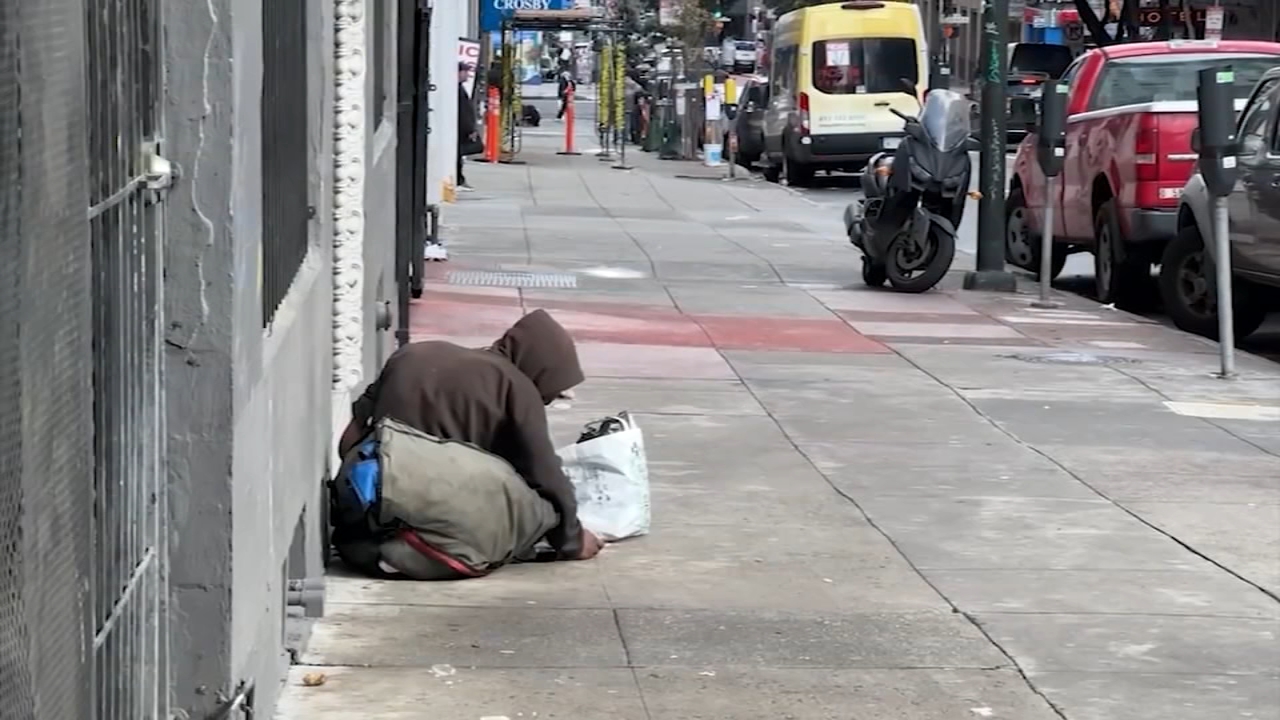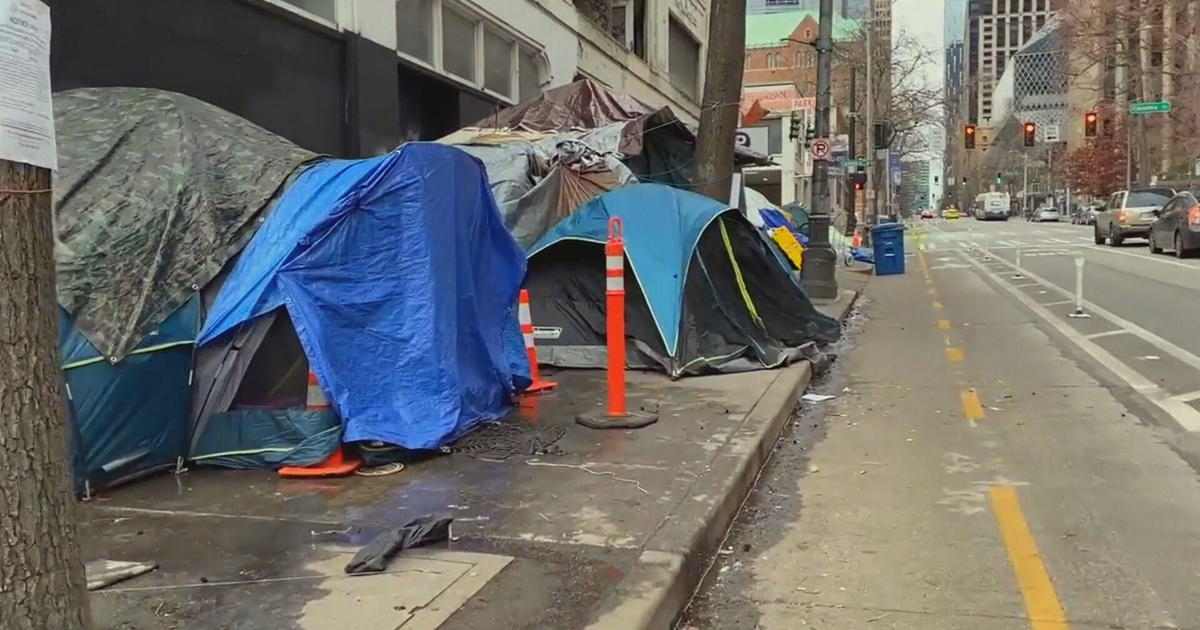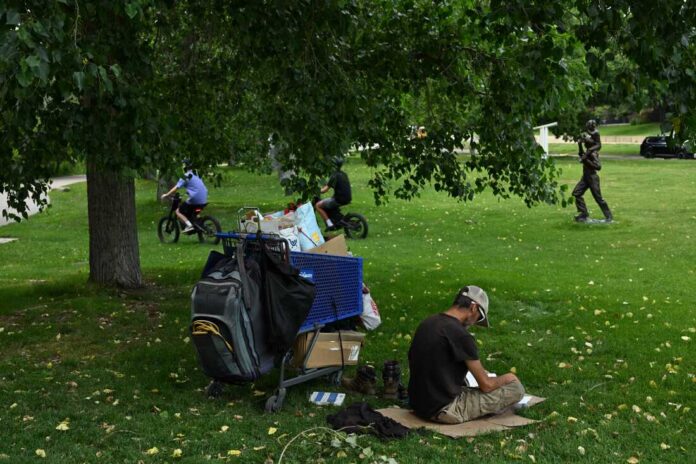New Federal Order Redirects Homeless Assistance
President Trump signed an executive order called Ending Crime and Disorder on Americas Streets on Thursday. The order tells the National Park Service to clear all homeless camps on federal land right away and then send people to treatment centers or other facilities if they face mental illness or addiction. It also sets a rule that cities and states must enforce anti camp and anti drug laws to get federal funds.
Cost Questions Loom Large
The new plan moves money toward law enforcement and away from housing first programs. A HUD report shows that past camp removals cost cities between 1,672 and 6,208 dollars per person. Local governments paid up to 97 percent of that bill because HUD funds cannot cover camp clearing. Critics say this money could do more good if it built affordable homes.
Rights and Health Risks at Stake

The order lets authorities commit people deemed dangerous to themselves or others without their consent. It also tells Justice Department staff to check if anyone in jail for a federal crime fits the label sexually dangerous person.
If a person has serious illness, federal agents must keep them in detention if they cannot find a bed at a shelter. This could mean they stay locked up longer than they would under old rules.
Advocacy Groups Warn of Harm
Mental health experts and service groups say forced moves rarely help. They note that programs work best when people choose to join and can trust staff. They point to the Supreme Court ruling in Olmstead v. LC that finds people with disabilities have a right to live in community settings when possible. Reversing that precedent risks taking away rights long won by disabled people.
Broader Impacts on Vulnerable Populations

Advocates say minorities and LGBTQ people will suffer most under this plan. They note that institutions have a record of mistreating vulnerable groups. They argue that taking legal protections away will make it easier to lock people up rather than help them find a home and support. Homeless advocates also warn that camps will return quickly after officials clear them by force.
Analysis
I find the shift troubling because it moves support from building safe homes to pushing people into cages or treatment against their will. The cost of this work remains high and cities will struggle to pay without more HUD help. And taking away rights from people in crisis may drive them further from help. A better way would link federal money to proven programs that let people choose help. That method builds trust and leads to real progress.
Sources: latimes.com

